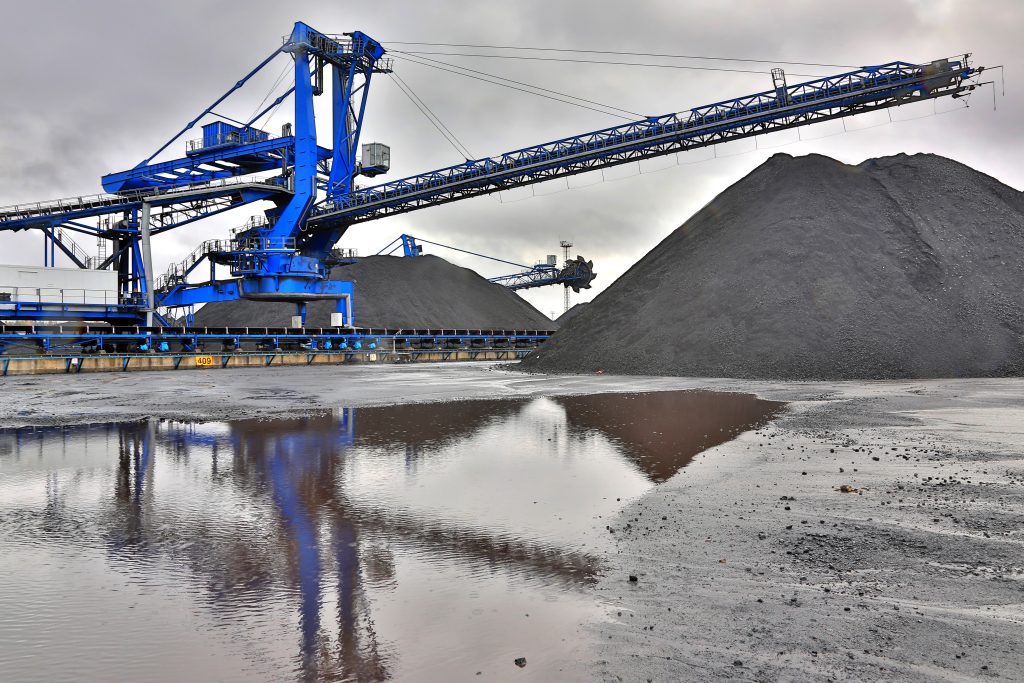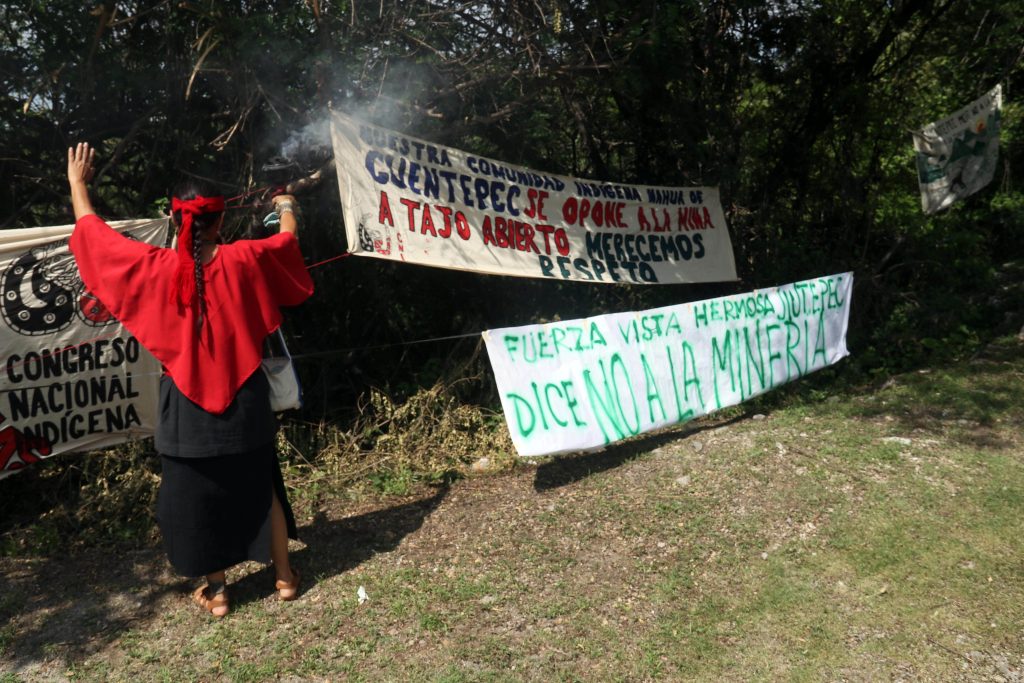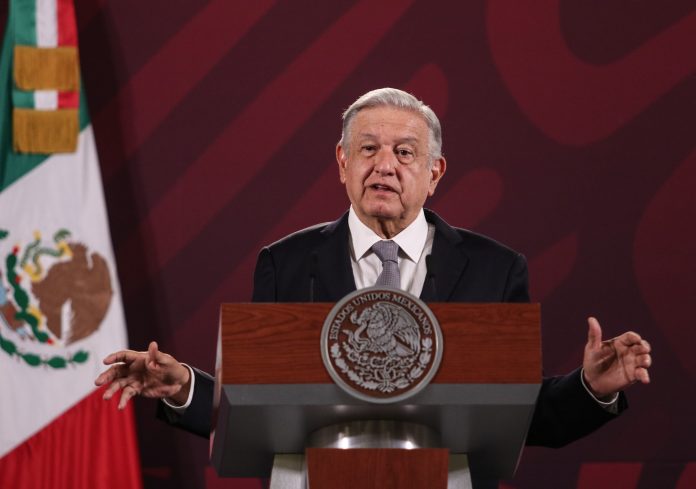President Andrés Manuel López Obrador has proposed an overhaul of mining and water regulations, to shorten extraction concessions and provide greater oversight.
The legislation, presented on Tuesday, aims to protect the environment and prevent water shortages in nearby communities.

Under the new proposal, mineral exploitation rights will be reduced from 50 to 15 years. Water concessions, on the other hand, will be given a maximum of five years. According to the president, the reform seeks to “recover state leadership of the mineral and water resources in the Mexican subsoil that are the direct domain of the nation.”
Any company looking to secure exploitation rights under the new regulations will need to prove their work has no negative impact on existing water supply.
The proposal bans mining activity in protected areas and nature reserves, and further enforces the requirement of consultation with Indigenous populations.
If approved, the new legislation will require that bidding be held on a competitive basis, with the proposed aim of seeking to balance foreign business interests against the goals of the Mexican government.

Successful bidders will be required to submit a social impact study that determines the effects of mining on the daily lives of residents, and provide appropriate prevention, mitigation, and compensation measures for the population. This compensation will need to be distributed in the form of credit before work can begin.
Failure to provide appropriate evidence of consultation and environmental impact assessment would provide grounds for revocation.
In addition, AMLO’s initiative grants the government new powers to ensure that mining waste is appropriately disposed of in accordance with environmental regulations, in a move to reduce industrial pollution levels.
The current proposal is part of a clampdown on mining and water permits under this administration. Between 1988 and 2018, 65,534 permits were granted – overwhelmingly to companies from Canada and the United States. However, since the advent of the Morena government, there has been a total halt in the approval of new permits.
This strategy marks a general shift in global mineral extraction trends. In reference to the reform, López Obrador noted that minerals that were considered strategic during the drafting of the Mining Law of 1992 are now “widely available in international markets,” and that previous legislation was designed to “favor the interest of individuals, under the assumption that the massive entry of national and international capital was required for the exploitation of [Mexican] mining resources.”
The Association of Mines, Metallurgists and Geologists of Mexico (Aimmgm) has warned that the proposed law would undermine the industry, which could lead to the mass exit of companies and jeopardize 405,000 direct jobs in Mexico.
The Chamber of Deputies will now discuss the proposed legislation before sending it to the Senate for review.
With reports from Sin Embargo, El Universal and Forbes México
